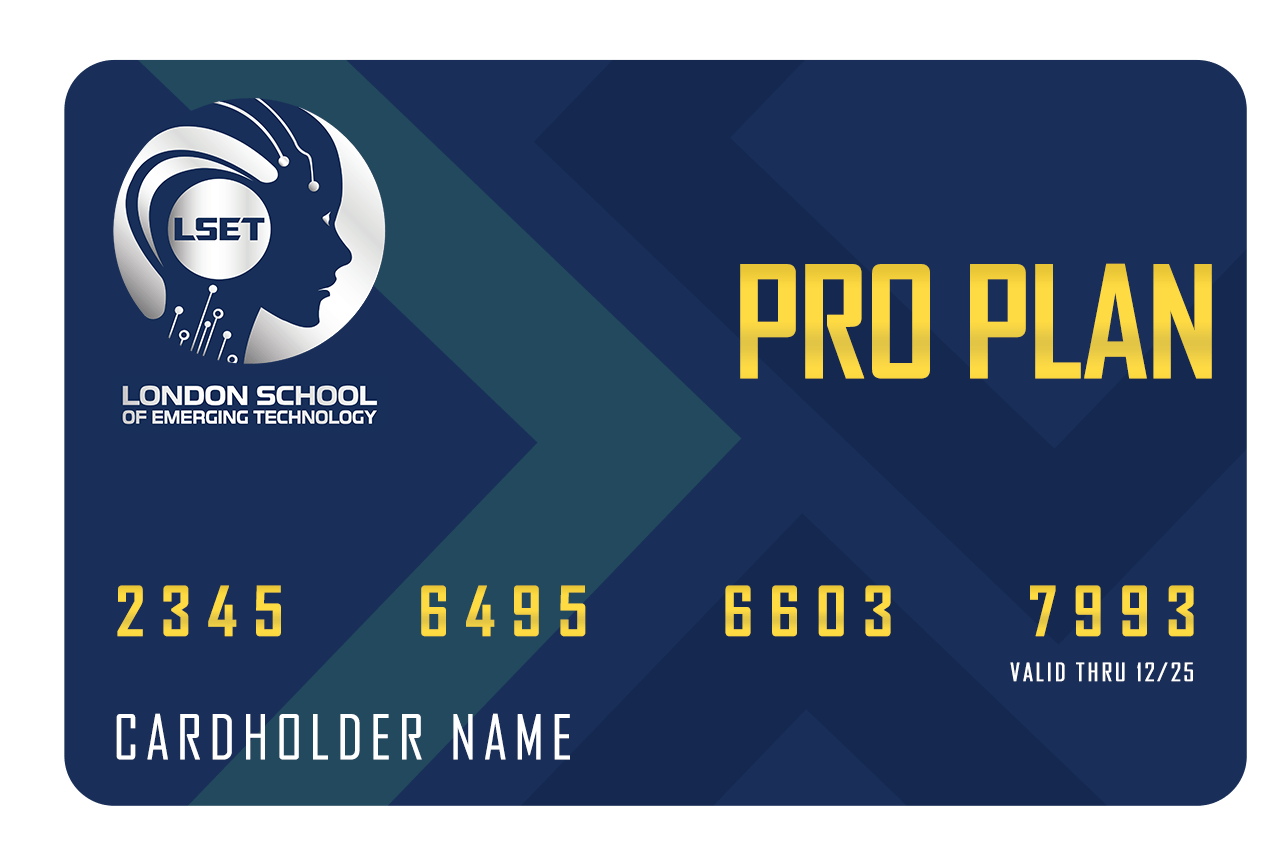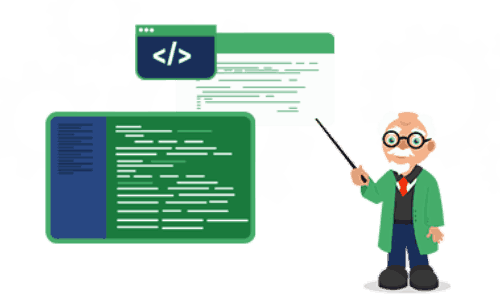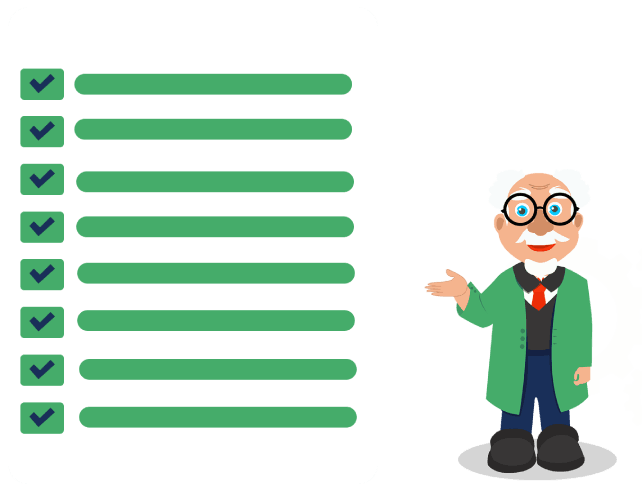Scalability: GCP provides scalable infrastructure and services, allowing businesses to seamlessly adapt to changing demands and manage rapid growth without compromising performance.
Reliability: GCP leverages Google’s robust infrastructure and global network, ensuring high availability, resilience, and consistent performance for applications and services.
Security: GCP employs advanced security measures to safeguard data, applications, and infrastructure, including encryption, identity and access management, and compliance certifications.
Cost-Efficiency: With flexible pricing models and the ability to pay only for what is used, GCP offers cost-effective solutions for computing, storage, and other resources.
Innovation: GCP supports cutting-edge technologies such as AI,
machine learning and data analytics capabilities, empowering businesses to innovate and derive insights from their data.
Integration and Collaboration: GCP seamlessly integrates with other Google services and offers collaboration tools, promoting efficient workflows and teamwork.
Global Reach: GCP’s global network of data centres provides low-latency access and data residency options in multiple regions, catering to businesses with global operations.
Support and Ecosystem: GCP offers comprehensive support and a rich ecosystem of partners, developers, and third-party services, facilitating seamless integration and support.
These benefits collectively position GCP as a leading cloud platform for businesses seeking reliable, scalable, secure, and innovative solutions to meet their diverse computing needs.



 Premium Career-Ready Track
Premium Career-Ready Track












